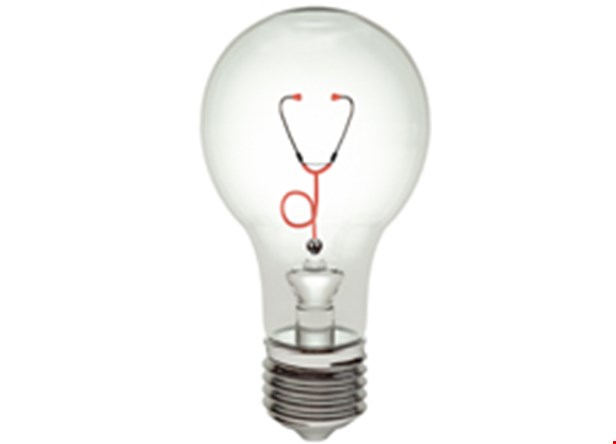Patients’ engagement in the production health innovation

The European Group on Ethics in Science and New Technologies (EGE) invited EPF to give a keynote speech on 22 October in Brussels. This open roundtable addressed the topic of citizen involvement in health, including in the development of new health technologies.
The EGE is an independent advisory body appointed by the European Commission to examine ethical questions arising from science and new technologies. The European Group on Ethics is currently looking at citizens’ involvement in health in a view to issue an Opinion at the request of the European Commission.
This paper will examine the societal and ethical implications of public engagement in the production of knowledge and innovation, particularly with regard to health policy, technology and practice. Our Senior Policy Adviser Kaisa Immonen-Charalambous informed the audience about the importance of patients’ involvement.
Innovation can transform lives of patients with serious lifelong conditions. It is however important to identify ‘valuable innovation’ that contributes to patients’ quality of life in these times of health budget cuts. “New does not always mean better. It is not only about new or better therapies but also better systems, and social change” our Senior Policy Adviser said.
Patient involvement is recognised as a common operating principle of European health systems, but it is not yet a reality. Some of the barriers to meaningful patient involvement include the lack of recognition of patients’ expertise or unequal power relations relating to who is allowed to ‘do science’ and even patients’ lack of confidence and the resources to get involved.
“It is now recognised, at least in the areas of research and regulatory affairs, that patient’s representatives provide added value with our unique expertise of being patients. However taking these principles into practice is still a challenge” explained Ms Immonen-Charalambous.
There is a need for greater clarity about the roles and expectations of different actors, which can be supported by codes of conduct. Advocacy and awareness is also needed to increase understanding of the patient’s contribution. Capacity building for patient representatives is finally crucial to address the inherent imbalances of power.
The video of this event in its entirety is available online in English with interpretation in French and German.
Contact: Kaisa Immonen-Charalambous, EPF Senior Policy Advisor, kaisa.immonen.charalambous@eu-patient.eu
